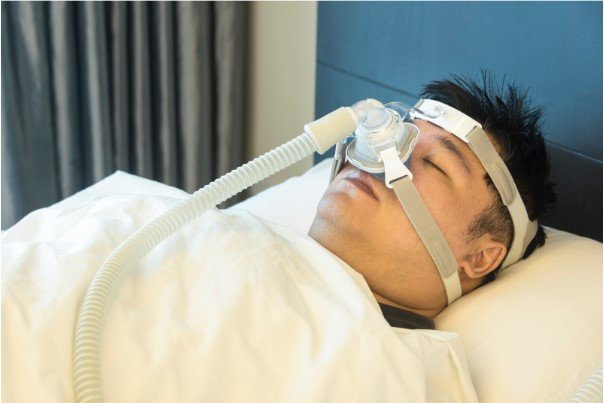In Singapore, increasing awareness has encouraged more men to undergo health screenings, yet many are still unsure about the early warning signs of the disease. Recognising symptoms early can lead to timely prostate cancer treatment, which significantly improves outcomes.
Berlintype | jardin-planetario | kimgen | vefogix | vefogix
Common Urinary Symptoms
In the early stages, prostate cancer often causes few or no symptoms, making regular screening vital. When symptoms do arise, they are often related to changes in urination. These may include difficulty starting or stopping the flow of urine, a weak stream, and increased frequency, especially during the night.
Such signs are easy to dismiss or confuse with benign prostatic conditions, but if they persist, a medical consultation is necessary. For some individuals, these early symptoms may be the first indication that prostate cancer treatment should be considered.
Blood In Urine Or Semen
As the cancer progresses, it may lead to more distinct symptoms such as blood in the urine (haematuria) or semen. Though not always painful, these occurrences can be alarming. They are often a result of the tumour pressing against or invading nearby tissues.
Alongside these signs, some men may notice increased urgency or discomfort while urinating. While these could stem from less serious conditions, they may also be early indicators of prostate cancer that require investigation by a healthcare provider.
Pain In The Lower Back Or Hips
If prostate cancer spreads beyond the gland, it can cause discomfort in the lower back, hips, or pelvic area. These aches tend to be dull and persistent, often increasing in intensity over time. Such pain may indicate that the cancer has affected the bones or lymph nodes.
At this stage, more comprehensive prostate cancer treatment approaches may be necessary, which can include surgery, radiation therapy, and hormone treatment depending on the severity and spread of the disease.
Impact On Sexual Health
Prostate cancer can also affect sexual function. Some men experience painful ejaculation or reduced sexual desire, while others may struggle to maintain an erection. These changes can significantly impact emotional well-being and relationships.
Men seeking medical advice may be introduced to suitable options for erectile dysfunction treatment in Singapore, which can help manage the condition during or after cancer treatment. Addressing sexual health openly with healthcare professionals ensures a proper quality of life during recovery.
Advanced Symptoms To Watch For
In more advanced stages, symptoms may include fatigue or even bone pain. These are signs that the cancer may have spread beyond the prostate and could require urgent medical attention.
When symptoms reach this stage, treatment often becomes more aggressive. This could involve targeted therapies or a combination of methods, tailored to suit the patient’s age, overall health, and cancer stage. Early diagnosis remains the most effective way to avoid extensive or intensive forms of prostate cancer treatment.
Emotional Well-Being And Support
Coping with prostate cancer can be a complex emotional experience. Many men feel anxiety over their diagnosis and treatment plan, especially when it involves changes to bodily functions. Emotional stress may increase when concerns about relationships or sexual health arise.
Fortunately, support services are available in Singapore to help men manage these challenges. Seeking support, especially when considering erectile dysfunction treatment in Singapore, can contribute positively to mental health and physical recovery. Patients are encouraged to involve their partners and families in the discussion for holistic care.
Regular Screening Is Vital
Because prostate cancer may be silent in its early stages, routine screening plays a vital role. Men over the age of 50, or younger men with a family history of the disease, should consider regular prostate-specific antigen (PSA) tests or digital rectal exams.
If caught early, prostate cancer can often be managed with less invasive measures, increasing the chances of a full recovery. Timely prostate cancer treatment is key to controlling the disease and improving quality of life in the long term.
Vefogix | vefogix | vefogix | vefogix | filmsshifter
Conclusion
Understanding the symptoms of prostate cancer allows for a timely medical response and effective management of the condition. Whether it involves changes in urination, discomfort during ejaculation, or persistent pain in the lower body, these signs should not be overlooked. If you experience any of these symptoms or have concerns about prostate health, consult a medical professional for guidance. Options such as prostate cancer treatment and erectile dysfunction treatment in Singapore are readily available and can make a meaningful difference.
Contact National University Hospital (NUH) today for personalised care and comprehensive medical support.

